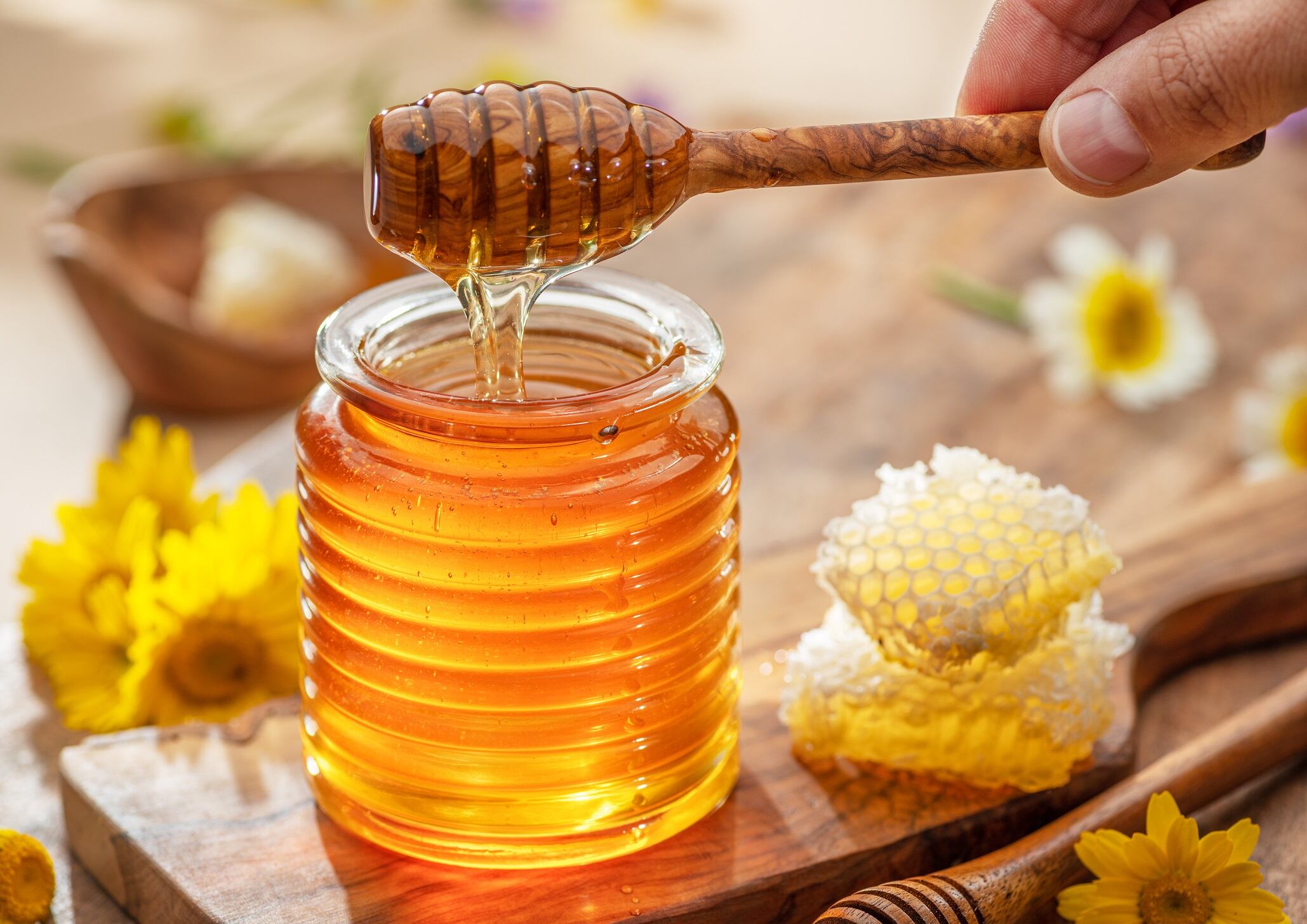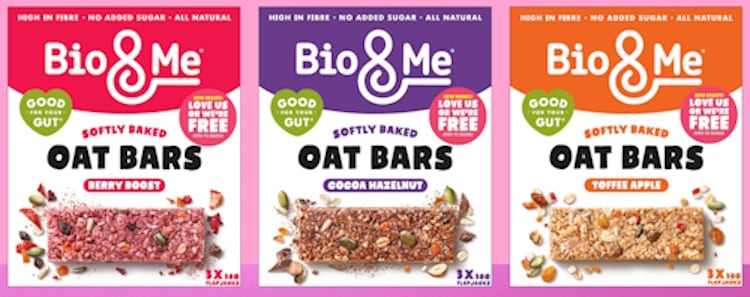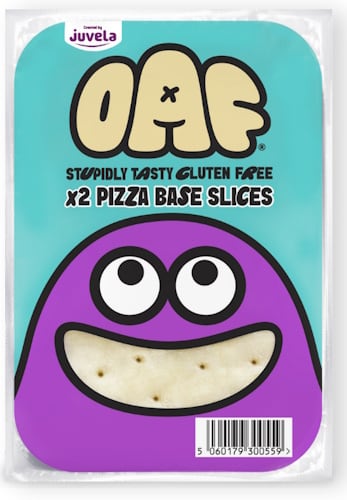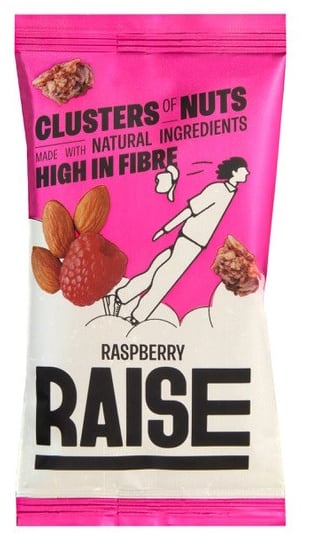No longer just a quick fix, snacking has exploded into a $30 billion global movement toward smarter, more sustainable eating. What’s driving it? Consumers want food that fits their lives and their values.
Healthier snacks aren’t just better for our bodies; they unlock new commercial power for brands. Whether it’s meeting HFSS rules, tapping into wellness trends or earning shopper trust with clean labels, better-for-you (BFY) snacks are proving they’re not only good for us, but they’re also great for business.
In the UK, the healthy snack market is now worth about £3 billion, driven by a 7% CAGR since 2020 as consumers reach for protein-packed, gut-supporting, immune-boosting treats. Globally, this space is set to hit $55 billion by 2033 as people seek snacks that work harder both for their busy lives and for the planet.
This shift is powered by snackification. Especially among Gen Z and Millennials, it’s now normal to reach for a mid-morning oat bar, a protein-powered bite between meetings and a plant-based post-workout nibble.
But here’s the catch: people want both function and flavour. Research shows over 70% of consumers actively seek healthier snacks, yet two-thirds still think tasty equals indulgent – a challenge brands are racing to beat .
With regulators tightening the screws – such as the UK’s HFSS rules – brands must meet nutrition targets and keep snacks craveworthy. Hit that sweet spot and you score top shelf placement and consumer trust in a crowded market.
At the heart of this is transparency: clean labels, plant-based proteins, reduced sugars and added fibre. Consumers want to know not just what’s in their snacks but why it matters – so brands are leaning on science-backed messaging, sustainability credentials, ethical sourcing and allergen-aware production.

Speaking of authenticity, British beekeepers are now harvesting spring honey – light, floral and unique to each locale, just like terroir in wine. “No two jars are the same … you’re literally tasting what’s been blooming near you,” says Diane Drinkwater, chair of the British Beekeepers Association.
Naturally rich in antioxidants and antibacterial compounds, honey has long been prized for its health-supporting properties. But keeping bees healthy is about more than just honey – it’s vital for pollinating the crops that sustain our food system. Consider this: a single bee produces just 1/12th of a teaspoon of honey in its entire lifetime. It takes thousands of bees to fill a single jar. In fact, they’ll collectively visit around 2 million flowers to produce just one pound of honey – that’s roughly 60,000 blooms in every spoonful.
The brands raising the bar
The BFY trend isn’t just good for consumers – it’s essential for society. Over 60% of UK adults are overweight or obese, costing the NHS more than £6 billion each year. Swapping out sugary treats for fibre-rich options can have real public health impact. And when plant-based, low-waste snacks dominate shelves, the planet wins, too.
Let’s snack through some of today’s frontrunners:

Bio&Me has relaunched its oat bars – now gluten-free, plant-based and free from added sugar or palm oil. With naturally low sugar and flavours like Toffee Apple and Cocoa Hazelnut, its ‘Love Us or We’re Free’ guarantee speaks volumes.
“The snacking aisle is full of bars that look healthy on the surface, but many are still packed with added sugars – often hidden behind exotic-sounding names like ‘coconut sugar’ or ‘brown rice syrup’. According to the science, our bodies still treat them like standard sugar,” says cofounder Dr Megan Rossi (aka the Gut Health Doctor). “Our trio of oat bars tick all the boxes and we’ve worked really hard on these new recipes.”

Juvela’s OAF brand is shaking up the gluten-free aisle with personality-packed loaves. Thanks to advanced wheat-starch tech, loaves like White Sour D’oh and Seedie Sour D’oh deliver bread-like taste and texture with zero compromise. “We’re on a mission to inject new energy, relevance, taste and enjoyment to the retail free-from space, starting with a line of high-quality bakery goods in the fastest growing areas of the category,” says Matthew Cain, head of sales at Juvela and OAF.

Then there’s Raise. Its new Raspberry and Coconut & Almond nut clusters are the first in its range to meet HFSS compliance – meaning no shelving restrictions and maximum visibility. Each 35 g pack delivers plant protein, fibre and antioxidants with under 5 g sugar. Vegan, gluten-free, ultra-portable, and every purchase supports Magic Breakfast, ensuring kids start their day full and fuelled. “We produce better-for-you snacks… these new HFSS compliant flavours… provide even more assurance that our snacks are a truly healthy choice,” says founder Chester Robinson.
And we can’t overlook ingredient-driven innovation. Balchem is spotlighting the rise of GLP‑1 companion snacks - think high protein, healthy fats and fibre – at IFT First 2025 next month. Its prototype chocolate oat soft serve (made with VitalBlend oat creamer) merges indulgence with functionality. As prototype developer & food scientist Kavya Dileep explains, “Despite wanting to lose weight, people don’t want to lose the joy of eating…” – a testament to today’s smarter snacking ethos.
Better-for-you snack time is undoubtedly serious business.


